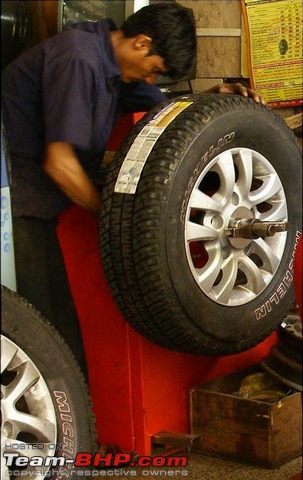| | #1 |
| Distinguished - BHPian  | |
| |  (22)
Thanks (22)
Thanks
|
| |
| | #2 |
| Distinguished - BHPian  | |
| |  (14)
Thanks (14)
Thanks
|
| | #3 |
| Distinguished - BHPian  | |
| |  (15)
Thanks (15)
Thanks
|
| | #4 |
| Distinguished - BHPian  | |
| |  (14)
Thanks (14)
Thanks
|
| | #5 |
| Distinguished - BHPian  | |
| |  (10)
Thanks (10)
Thanks
|
| | #6 |
| Distinguished - BHPian  | |
| |  (8)
Thanks (8)
Thanks
|
| | #7 |
| Distinguished - BHPian  | |
| |  (19)
Thanks (19)
Thanks
|
| | #8 |
| Team-BHP Support  | |
| |
| | #9 |
| Senior - BHPian | |
| |
| | #10 |
| BHPian Join Date: Jan 2013 Location: TN-10
Posts: 288
Thanked: 246 Times
| |
| |
| | #11 |
| Distinguished - BHPian  | |
| |
| |
| | #12 |
| BHPian | |
| |
| | #13 |
| Distinguished - BHPian  Join Date: Oct 2009 Location: Chennai
Posts: 4,282
Thanked: 10,176 Times
| |
| |  (2)
Thanks (2)
Thanks
|
| | #14 |
| Senior - BHPian | |
| |  (4)
Thanks (4)
Thanks
|
| | #15 |
| BHPian Join Date: Jul 2007 Location: hyderabad
Posts: 112
Thanked: 64 Times
| |
| |
 |
Most Viewed













